
by Gideon Marcus
Happy holidays everyone! This is my favorite time of the year–not because presents are exchanged or because the days are finally getting longer again, but because I get to present to you the very best science fiction published in the last twelve months. Even better, since I can't possibly consume it all myself, I get to read all the recommendations of my esteemed colleagues, the better to distill it down to a few sure picks.
Sure, there are other "must-read" lists. The Hugos. The Nebulas. But no other list is as comprehensive, so thoroughly vetted, so absolutely certain to be filled with excellent material than the Galactic Stars.
Thus, without further ado, here are the Galactic Stars for 1967! Results are in order of voting for the winners, alphabetical order by author for the honorable mentions.
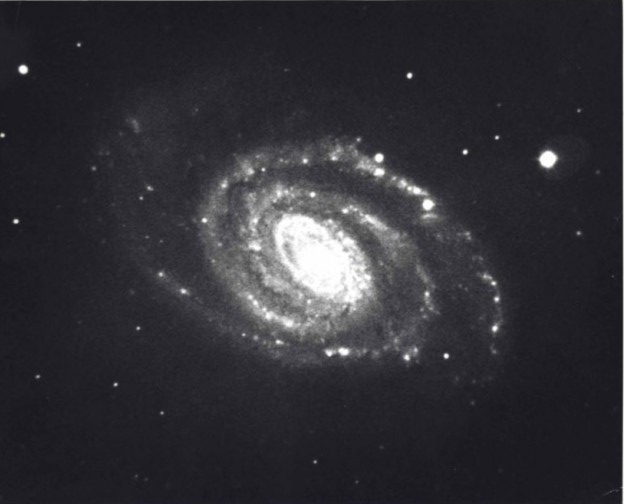
——
Best Poetry
——
There seems to be less and less professionally published SF poetry every year. Luckily, the fanzines are picking up the slack–particularly the new Trekzines! These are the three poems that caught our eye:
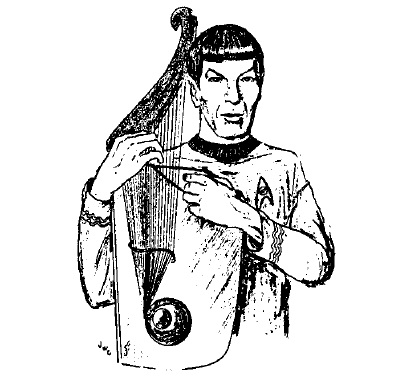
The Territory of Rigel, by Spock (Dorothy Jones)
Where Are the Worlds of Yesteryear?, by L. Sprague de Camp
Matrix Goose , by Jack Sharkey
——
Best Vignettes (1-8 pages)
——
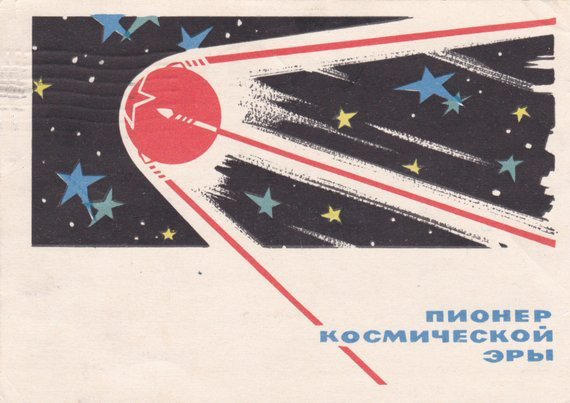
Moondust, the Smell of Hay, and Dialectical Materialism , by Thomas M. Disch
The short story of the first man on the moon.
Go, Go, Go, Said the Bird , by Sonya Dorman
After the Bomb, a mother goes for a run.
Carcinoma Angels, by Norman Spinrad
Sometimes the answer to beating cancer is inside yourself.
Answering Service, by Fritz Leiber
Keep an old dying woman company–it's the least you can do.
ㅤ
Honorable Mention:
Family Loyalty , by Stan Elliott
The Forest of Zil , by Kris Neville
Sisohpromatem , by Kit Reed
—
Two stories by Larry Niven and one by John Brunner made the long list but didn't get nominations.
——
Best Short Stories (9-19 pages)
——

I Have No Mouth, and I Must Scream, by Harlan Ellison
The last five humans…and the computer who hates them.
Aye, and Gomorrah… , by Samuel R. Delany
A look at the sex lives of the astronauts who, by their very nature, cannot have sex.
Driftglass, by Samuel R. Delany
The sad, dangerous life of a lonely merman in Brazil.
The Heat Death of the Universe, by P. A. Zoline
Entropy, and a housewife's descent into madness. Gripping and innovatively presented.
Black Corridor , by Fritz Leiber
A series of yes/noes determines your survival.
ㅤ
Honorable Mention
The Baron's Dog , by L. J. T. Biese
Problems of Creativeness, by Thomas M. Disch
The Food Farm, by Kit Reed
The Vine, by Kit Reed
Baby, You Were Great!, by Kate Wilhelm
An excellent line-up this year, and a sign that science fiction is becoming an equal opportunity employer. An additional 16 stories made the longlist, and nominating was a tough choice this year!
——
Best Novelettes (20-40 pages)
——
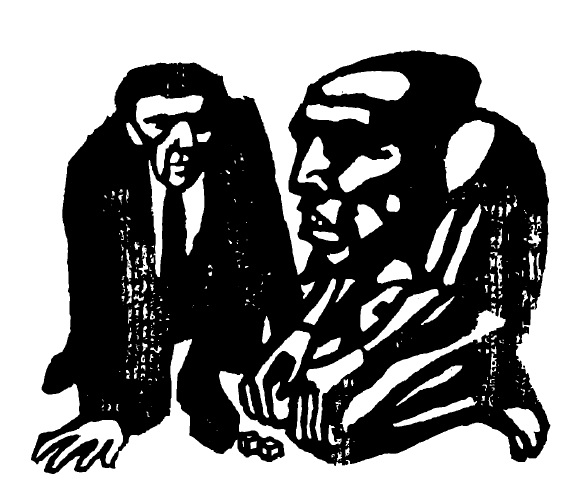
Gonna Roll the Bones, by Fritz Leiber
Modern folk tale in which a gambler faces off with death.
The Hall of the Dead , by L. Sprague de Camp and Robert E. Howard
The newest Conan story featuring a fast friendship and a sorcery-ravaged ruin.
The Singing Citadel, by Michael Moorcock
The latest fantasy adventure of Elric, dispatched to aid Queen Yishana against Balo the Jester, disgraced servant of Chaos.
The Adventuress, by Joanna Russ
Alyx is a most unusual swashbuckler, and a welcome addition to the prehistorical fantasy pantheon.
ㅤ
Honorable Mention
The Little Victims, by Hilary Bailey
Faith of Our Fathers , by Philip K. Dick
Fiddler's Green, by Richard McKenna
Home the Hard Way, by Richard McKenna
The Ethics of Madness, by Larry Niven
Handicap, by Larry Niven
Coranda, by Keith Roberts
The Narrow Land, by Jack Vance
This Mortal Mountain, by Roger Zelazny
Dawn, by Roger Zelazny
Two things of note: sword and sorcery appears to be on an upswing (no pun intended), and Richard McKenna may attain more success posthumously than while he was alive.
Only nine stories from the longlist didn't make the nominations, including a piece by the promising David Redd.
——
Best Novella (40+ pages)
——
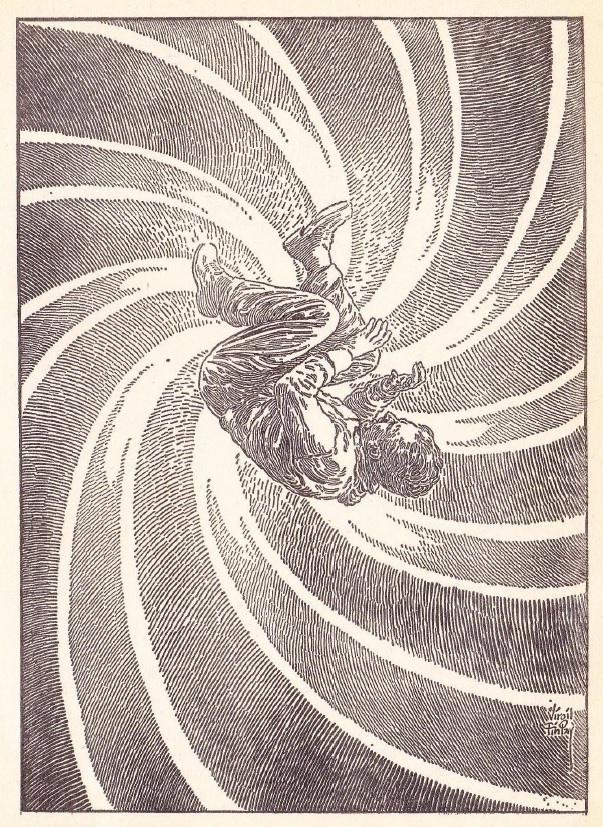
Hawksbill Station, by Robert Silverberg
Half a billion years ago, a penal colony struggles for survival.
The Star-Pit, by Samuel R. Delany
A journey beyond the galaxy in Delany's inimitable sublime fashion,
ㅤ
Death and the Executioner, by Roger Zelazny
The future incarnation of the Buddha takes on the venal would-be Gods on a faraway planet.
Flatlander, by Larry Niven
In search of the most interesting planet in the galaxy…but may the explorer beware!
Honorable Mention
Report on Probability A, by Brian W. Aldiss
To Love Another, by James Blish and Norman L. Knight
Weyr Search, by Anne McCaffrey
The Adults, by Larry Niven
If All Men Were Brothers, Would You Let One Marry Your Sister?, by Theodore Sturgeon
—
Once again, we have a lot of novellas (and Niven's The Soft Weapon barely missed making it off the longlist). It's nice to see this length getting more love.
——
Best Novel/Serial
——
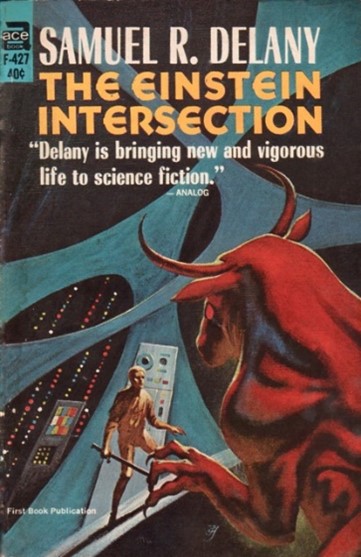
The Einstein Intersection , by Samuel R. Delany
Delany yet again clinches the top spot, although it was a much nearer thing this year. A tale of a far-future Earth, bereft of humans and lapsed (evolved) into mythology.
ㅤ
Camp Concentration, by Thomas M. Disch
Tom Disch is right behind Chip Delany with this four-part serial. The inmates of Camp Archimedes are given a deadly disease that boosts intelligence. Intellectual. Provactive. Weird.
The Jewels of Elsewhen , by Ted White
Across the lattice of parallel universes in search of the master of them all!
Honorable Mention
The Revolving Boy, by Gertrude Friedberg
Moon of Three Rings, by Andre Norton
Thorns, by Robert Silverberg
The Dolphins of Altair, by Margaret St. Clair
Why call them Back from Heaven, by Clifford Simak
The Winds of Gath, by E.C. Tubb
—
This year's crop is a nice mix of New Wave and more conventional (but no less modern) tales. Seven longlist novels didn't make the final cut. Again, hard decisions had to be made. Interestingly, a full third of the nominees (and the longlisters) were women. It used to be that women did well at the shorter lengths but petered out as the stories lengthened, but this trend appears to be reversing.
——
Best Science Fact
——
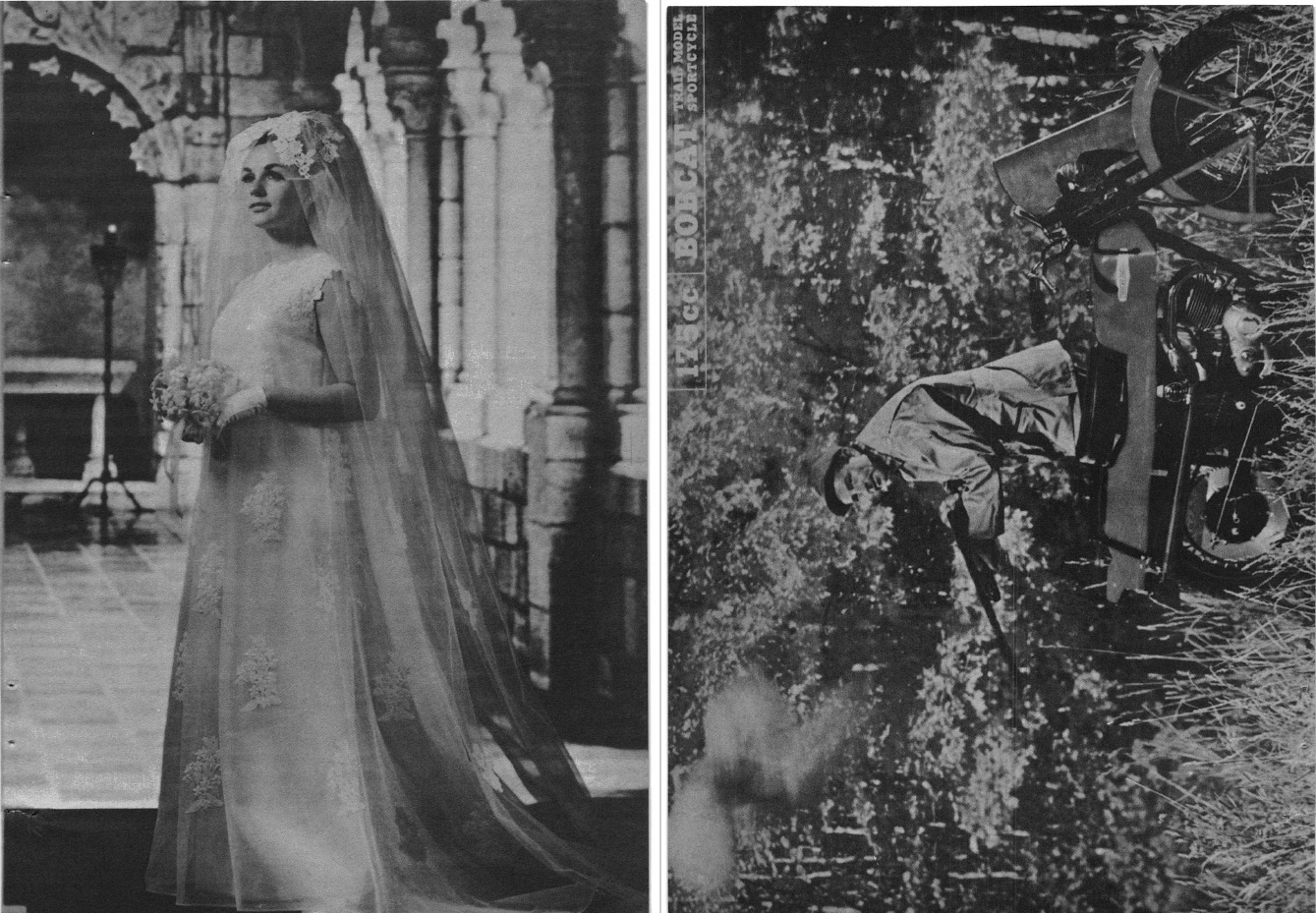
Applied Science Fiction, by Will F. Jenkins
Did you know that Jenkins (aka famed SF author Murray Leinster) invented front projection? It's true, and this amazing article tells all about it.
ㅤ
A New Look at Vision, by Dr. Christopher Evans
Honorable Mention
Knock Plastic!, by Isaac Asimov
Sleep, Dreams and Computers, by Dr. Christopher Evans
Language Mechanisms, by Christopher Finch
The Misers, by William T. Powers
—
Once again, Asimov doesn't take the top spot. He did get five of the 17 longlist entries, however. There was one lone woman on the longlist: Margaret L. Silbar for The Quark Story.
——
Best Magazine/Collection
——
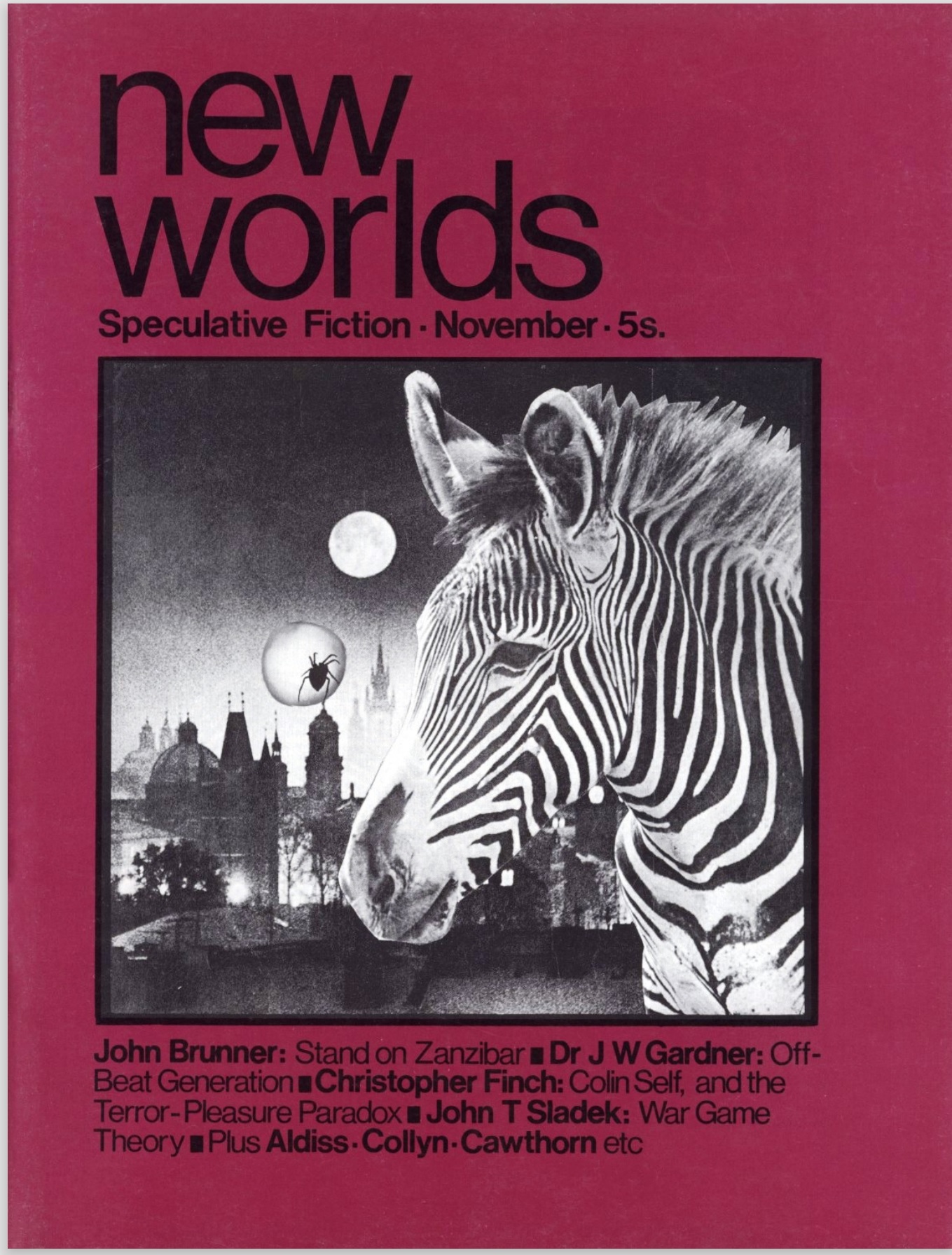
New Worlds: 3.28 stars, 5 Star nominees (nine issues)
The Devil His Due: 3.23 stars, 1 Star nominee, (anthology)
F&SF: 2.98 stars, 9 Star nominees (12 issues)
Science Fantasy/Impulse: 2.97 stars, 0 Star nominees (only three issues before folding)
Orbit 2: 2.92 stars, 3 Star nominees, (anthology)
Fantastic: 2.92 stars, 1 Star nominee (six issues)
New Writings 10: 2.28 stars, 1 Star nominee, (anthology)
IF: 2.9 stars, 8 Star nominees (12 issues)
Analog: 2.89 stars, 4 Star nominees (12 issues)
Famous Science Fiction 2.84 stars, 0 Star nomineees (three issues)
Galaxy: 2.82 stars, 5 Star nominees (six 1.5x size issues)
Amazing: 2.50 stars, 1 Star nominee (six issues)
Worlds of Tomorrow: 2.48 stars, 1 Star nominee (only two issues before folding)
—
We lost two magazines this year: Worlds of Tomorrow and Science Fantasy. On the other hand, this seems to be the last year Fantastic and Amazing will be composed mostly of reprints as Harry Harrison took over this month. New Worlds and F&SF remain Journey favorites, which marks us as Commie Pinko New Wavists, I suppose.
——
Best Artist
——
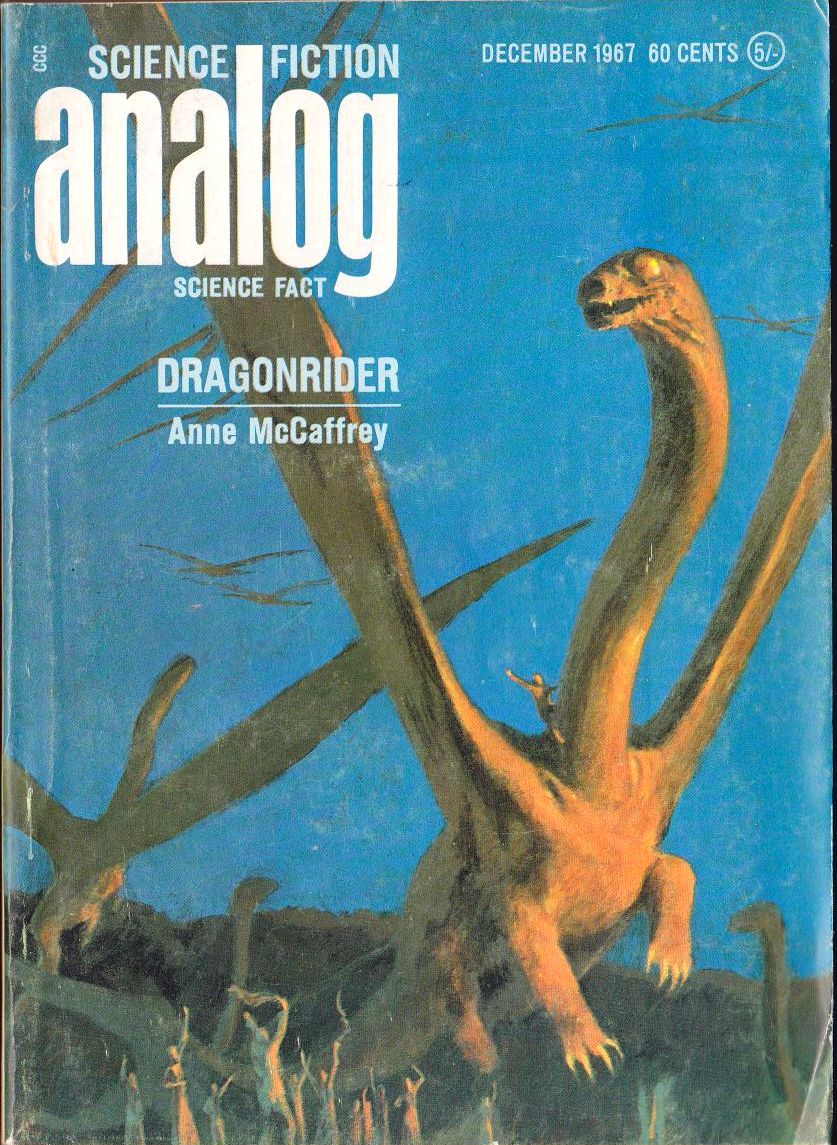
Honorable Mention
——
Best Dramatic Presentation
——

Star Trek: "Mirror, Mirror"
ㅤㅤㅤㅤㅤㅤㅤ
Quatermass and the Pit
Captain Scarlet & The Mysterons: "The Mysterons"
The Prisoner: "Schizoid Man"
Honorable Mention
Out of the Unknown: "The Prophet"
Star Trek: "The Doomsday Machine"
Star Trek: "This Side of Paradise"
La Jetée (American re-release)
The End of August at the Hotel Ozone (a Czech film)
No Dr. Who this year, which is a shame. I blame it on Jessica's TV, which is always on the fritz.
——
Best Comic Book
——
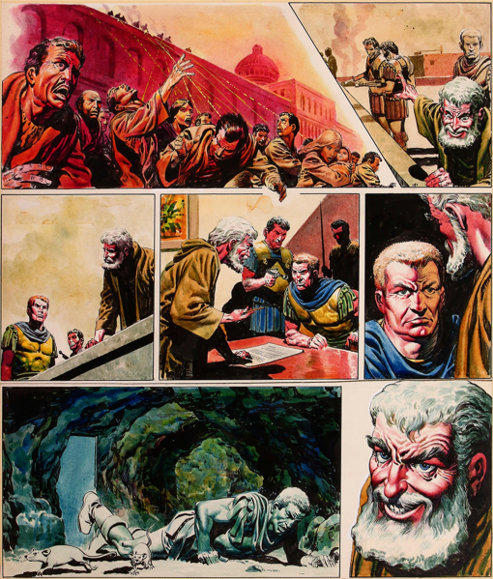
The Rise and Fall of the Trigan Empire, Look and Learn magazine
The Amazing Spider-Man, Marvel Comics
X-Men, Marvel Comics
Fantastic Four, Marvel Comics
Thor, Marvel Comics
"Legion of Super-Heroes" in Adventure Comics, National Comics
Flash, National Comics
Blue Beetle, Charlton Comics
Creepy and Eerie, Warren Publishing
Sword of the Sea Wolves (Karl the Viking)
The Angels, City Magazines/Century 21 Publishing Ltd.
——
Best Fanzine
——
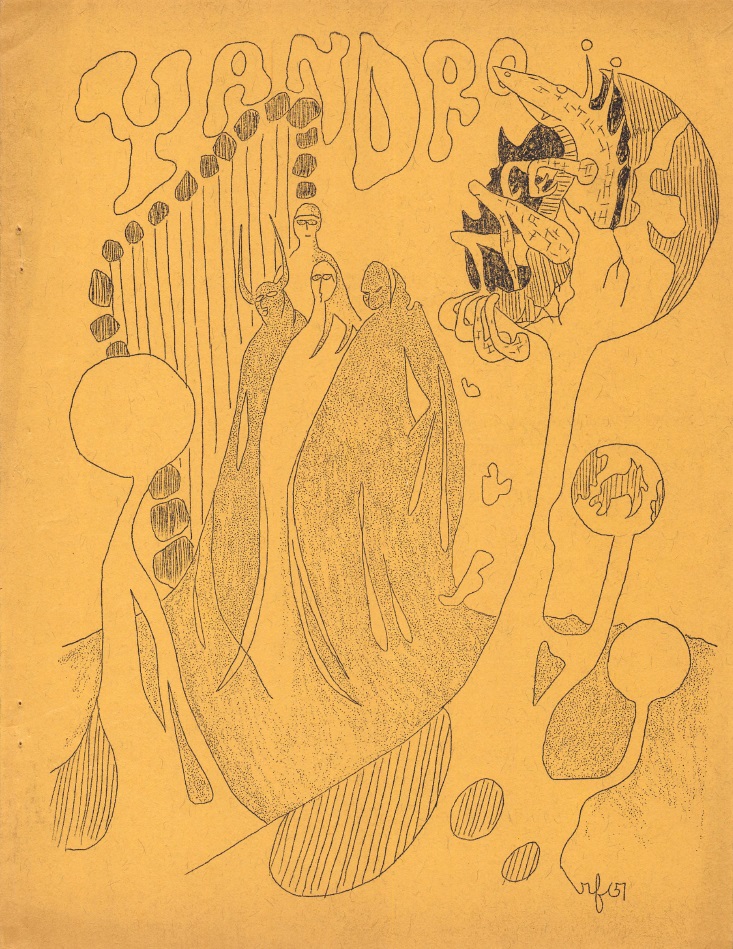
Yandro
ㅤ
For a while, the genzine that the Coulsons built was starting to look like a trekzine. They've pulled it back some, of late.
Amra
Australian Science Fiction Review
The Crewman's Log (Trekzine)
Niekas
Riverside Quarterly
Science Fiction Times (news)
Tolkien Journal
Witzend (comic art)
Someone observed recently that it makes sense for Edgard Rice Burroughs and Robert E. Howard and L. Frank Baum to have dedicated societies with hundreds of members. But fer Chrissakes–Tolkien only wrote two books! (Okay, that's not strictly true, but you take the meaning).
The trekzines range from drekzines to charming. Spockanalia was a great effort–a prozine quality trekzine mentored by the Coulsons. But it's The Crewman's Log, with its charming stories, that won me over.
——
Best Author
——
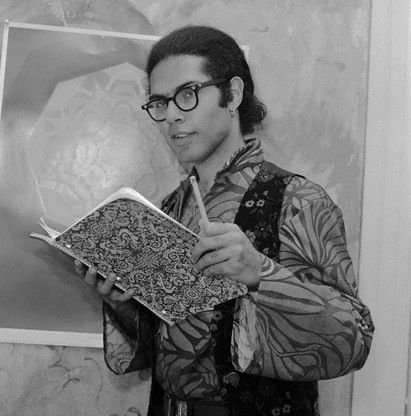
Samuel R. Delany
Surprise, surprise…
Honorable Mention
Larry Niven
Fritz Leiber
The winner is the prince of the New Wave, while the runner ups include a scion of the new hard sf and a distinguished gentleman of the genre. A nice balance, I think!
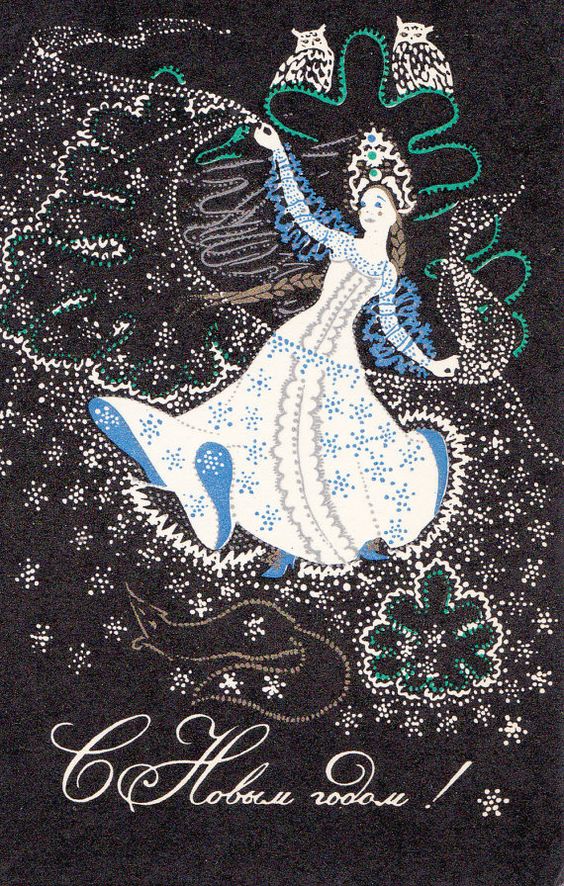
I'd say 1967 was even better than 1966 in terms of content. Some months, we were hard pressed to keep up, what with all the books, the magazines, the anthologies, the shows, and the movies (this last, the one anemic medium for SF). But it was worth every minute! We hope you enjoy the fruits of our labor.
Happy new year!

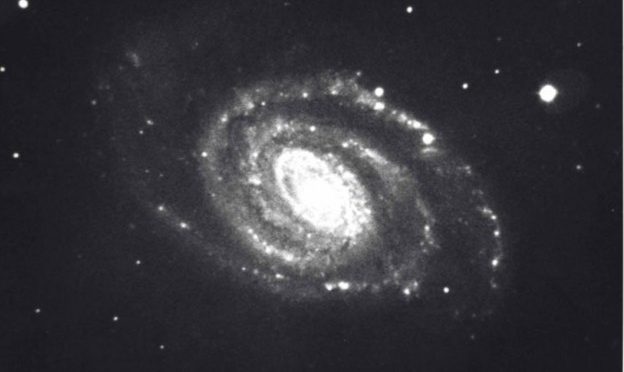

I was going to say Delany got robbed, but then he finished strong with both best novel and best author. Of course, he might have beaten Harlan in short story if he hadn't had two stories in the category. "I Have No Mouth" is awfully, awfully good, though, but it's a difficult read. Anyway, according to Harlan's intro in Dangerous Visions, "Gomorrah" is the first short story Delany wrote for publication, and I can only thing of one short he wrote this year that didn't make the list. The man certainly earned that best author star.
It doesn't count as a dramatic presentation, but I think "Our World" deserves special mention. The content didn't have anything science-fictional in it, but the production and broadcast were the very stuff of our genre. Even just a couple of years ago, no one would have believed a live broadcast viewed simultaneously by millions of people all over the world would be possible. And yet we saw babies being born in Mexico, rehearsals in Europe, athletic competitions in North America, and even the Beatles recording a new song. It's almost like we're living in the future.
It was an amazing moment. It brought me to tears.
What is interesting about this is that most of Analog and New Worlds star nominees are largely in fact articles. So in spite of having some solid stories in them and getting higher overall scores, very low percentages of their fiction is in there.
Pohl's magazines have a large number appearing here but they are only about 10% of the output, just that he is editing such a high proportion of new ficiton.
The anthologies have definitely had a good year again this year. Long may they continue!
No arguments with any of the choices. This was a good year!
This is delightful! Thank you for putting this together!
Thank you for reading! It's one of my favorite parts of the Journey every year. For 11 months, I slog through my assigned reading, and then in November, I get to read what my fellow travelers recommended. Then we distill it down to the very best, which you get to enjoy!
Delany made a strong impression with Babel-17 last year, but 1967 was his year from start to finish. The Einstein Intersection is a demanding read and I won't be surprised if it nabs him another Nebula, and we have short works like "The Star-Pit," "Driftglass," and "Aye, and Gomorrah…" that are destined to become classics. A remarkable year, and he hasn't even turned 26 yet.
I haven't been able to score a copy of EI yet, nor did I get a chance to read Star-Pit. I enjoyed the other two.